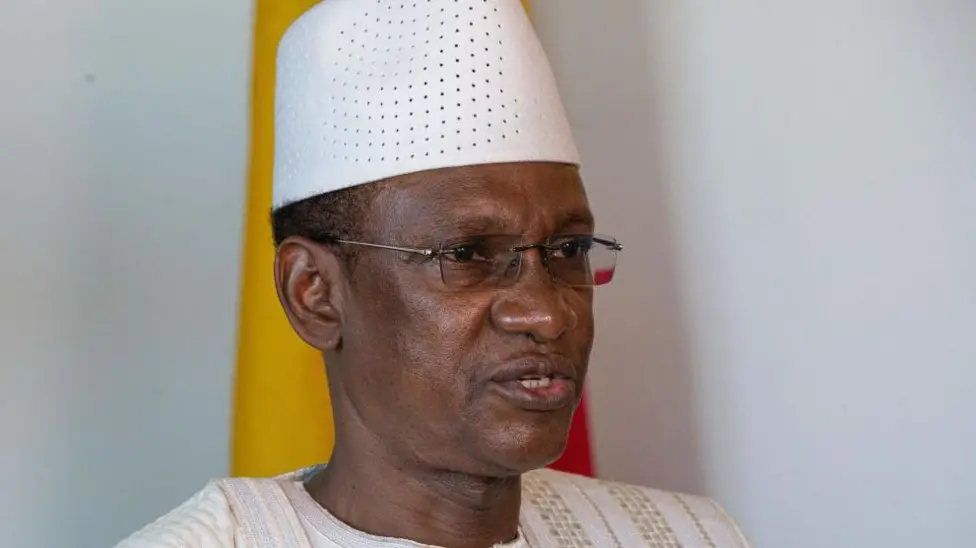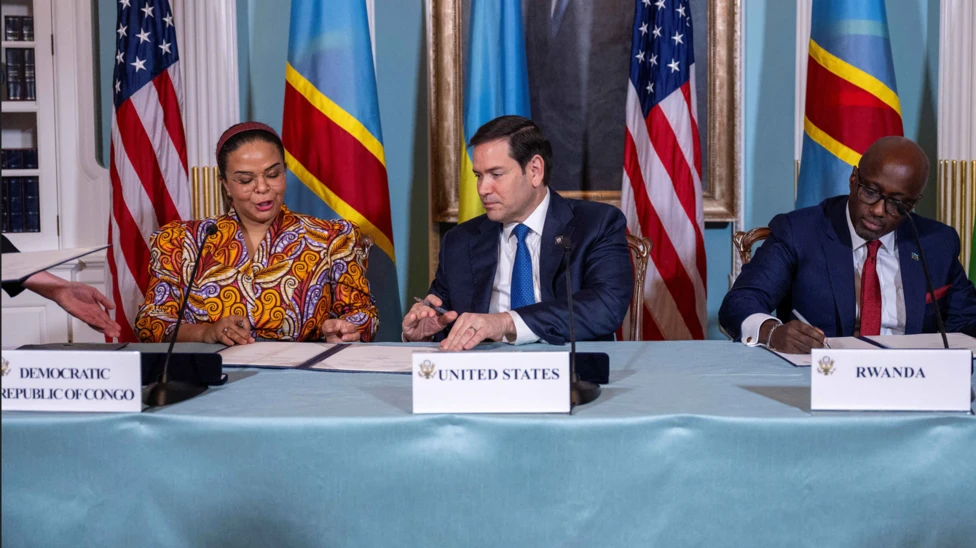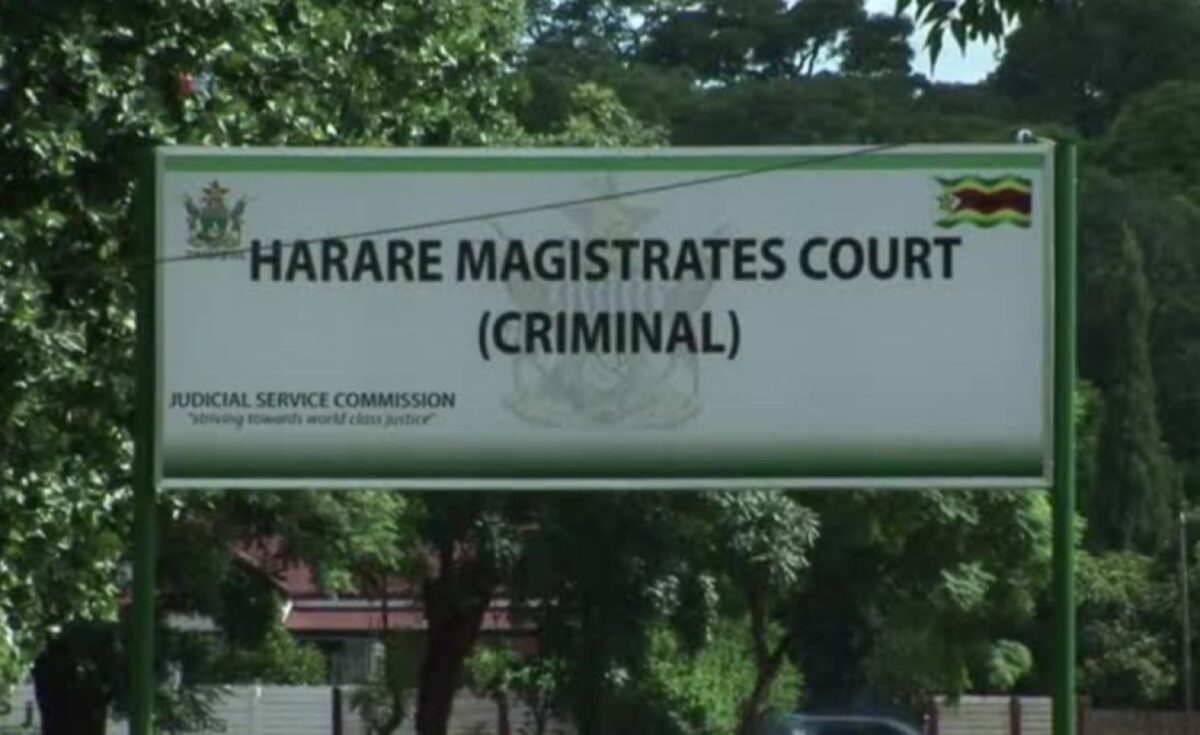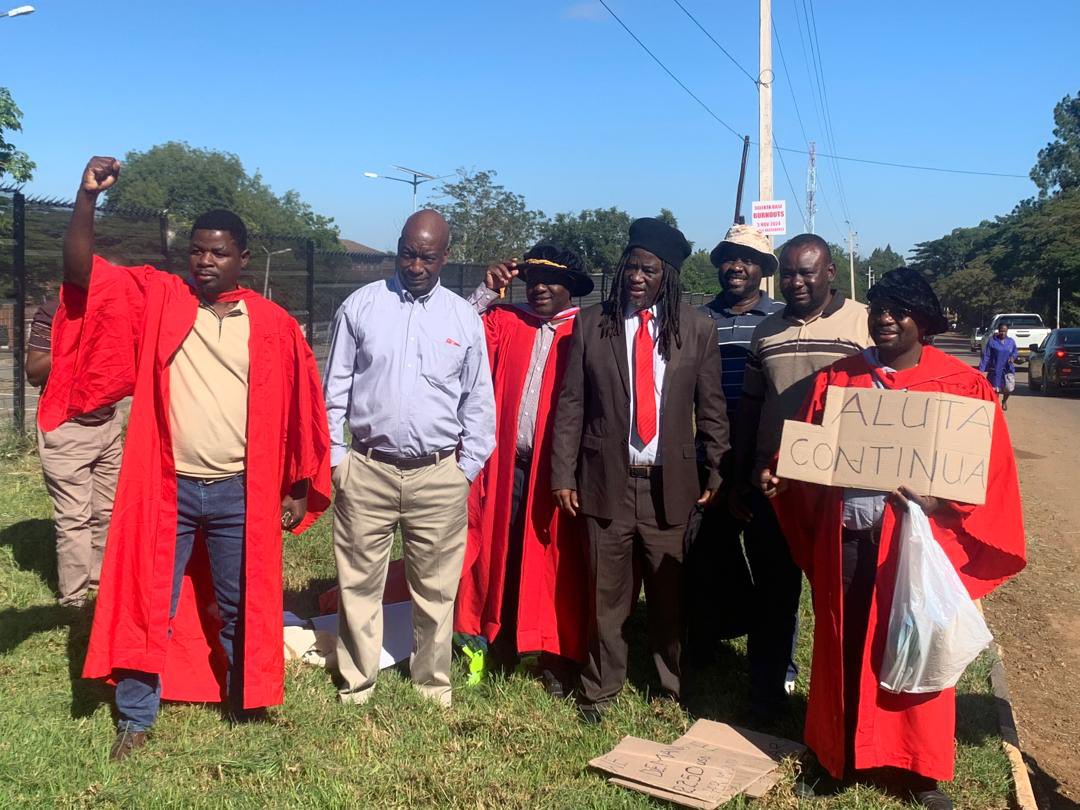BAMAKO, Mali – Mali’s military leader has sacked the Prime Minister, Choguel Kokalla Maïga, and his government.
It follows rare criticism by Maïga of the junta’s lack of clarity about a once-promised return to democracy.
A decree read on state television by junta leader Col Assimi Goïta said the duties of the prime minister and the members of the government were “terminated”.
Mali has suffered years of jihadist and separatist violence – resulting in military coups in 2020 and 2021.
The junta had promised to hold elections and hand back power to civilians by March 2024, but subsequently postponed the vote.
Relations between the military president and his civilian prime minister have been worsening for some time.
On Saturday, Maïga while speaking to his supporters, criticised the lack of transparency in the running of the transition.
“The transition was supposed to end on 26 March, 2024, but it has been postponed indefinitely, unilaterally, without debate within the government,” he said.
“This is not normal in a government,” he added, revealing that as prime minister, he was not informed about the junta’s decision to postpone elections.
He also underscored the potential challenges and risks the current confusion surrounding the transition could pose for the country.
Prior to his dismissal, there had been calls for Maïga to step down following his outrage against the military leaders.
A pro-military group, the Collective for the Defence of the Military, on Sunday urged him to resign within 72 hours, describing his outburst as betrayal.
But his dismissal comes as little surprise given signs of a rift within the ruling class for months.
In June, Maïga openly endorsed a document by one of his supporters who had been arrested a month earlier for criticising the military’s prolonged stay in power.
Maïga was appointed prime minister in 2021 by the junta leader, following a second coup against the transitional president Bah N’Daw.
The 66-year-old has previously served as a minister on several occasions and ran three times as a presidential candidate.
His departure from the government further raises uncertainty about the running of the transition, and his future.
There is speculation that he might morph into an opposition figure who could potentially challenge his former boss for the country’s top job, whenever elections are scheduled.
There have been mixed reactions locally and regionally after his sacking, with supporters saying he should aim for the presidency while others see him as a traitor.
The junta had popular support when it seized power three years ago.
It followed huge demonstrations against former President Ibrahim Boubacar Keïta, amid complaints of corruption, economic uncertainty and insecurity.
The junta has however struggled to contain jihadist violence – and there is growing anger from a large part of the population against the transitional government.
















